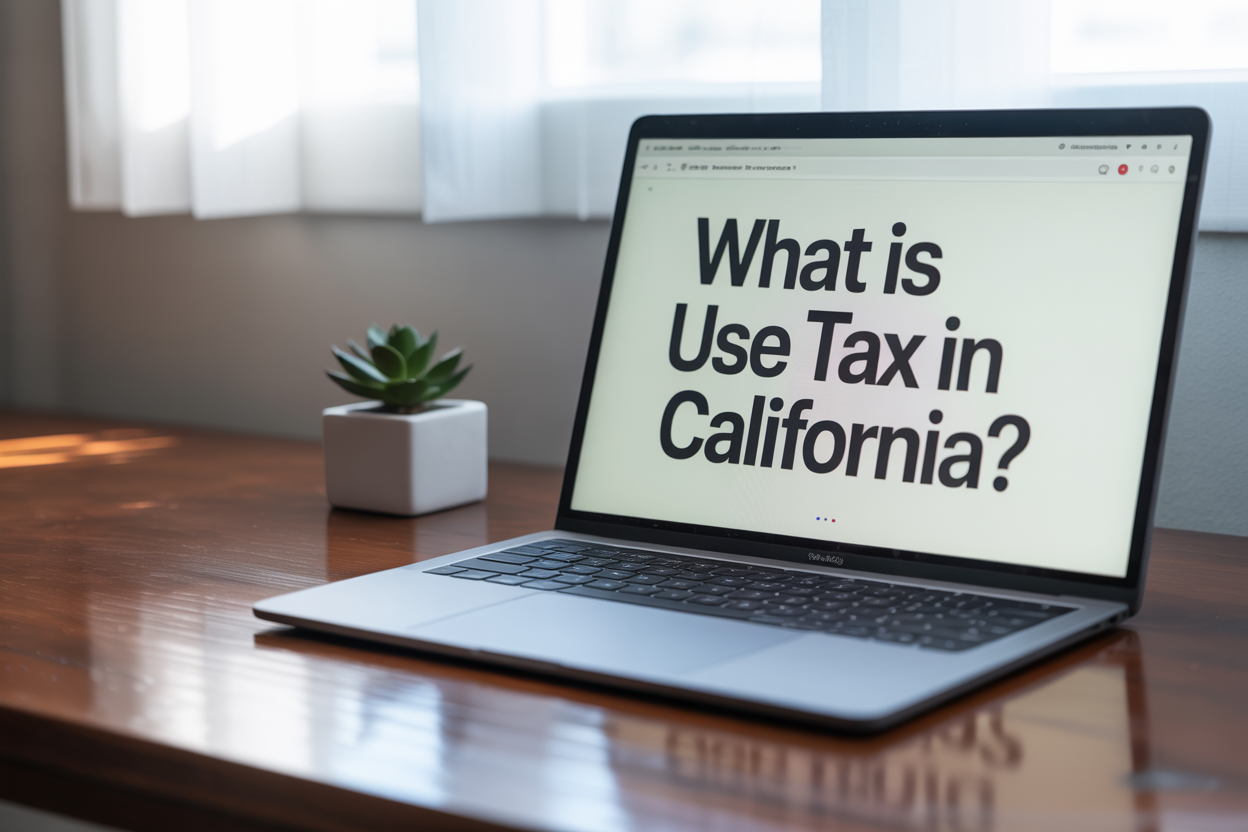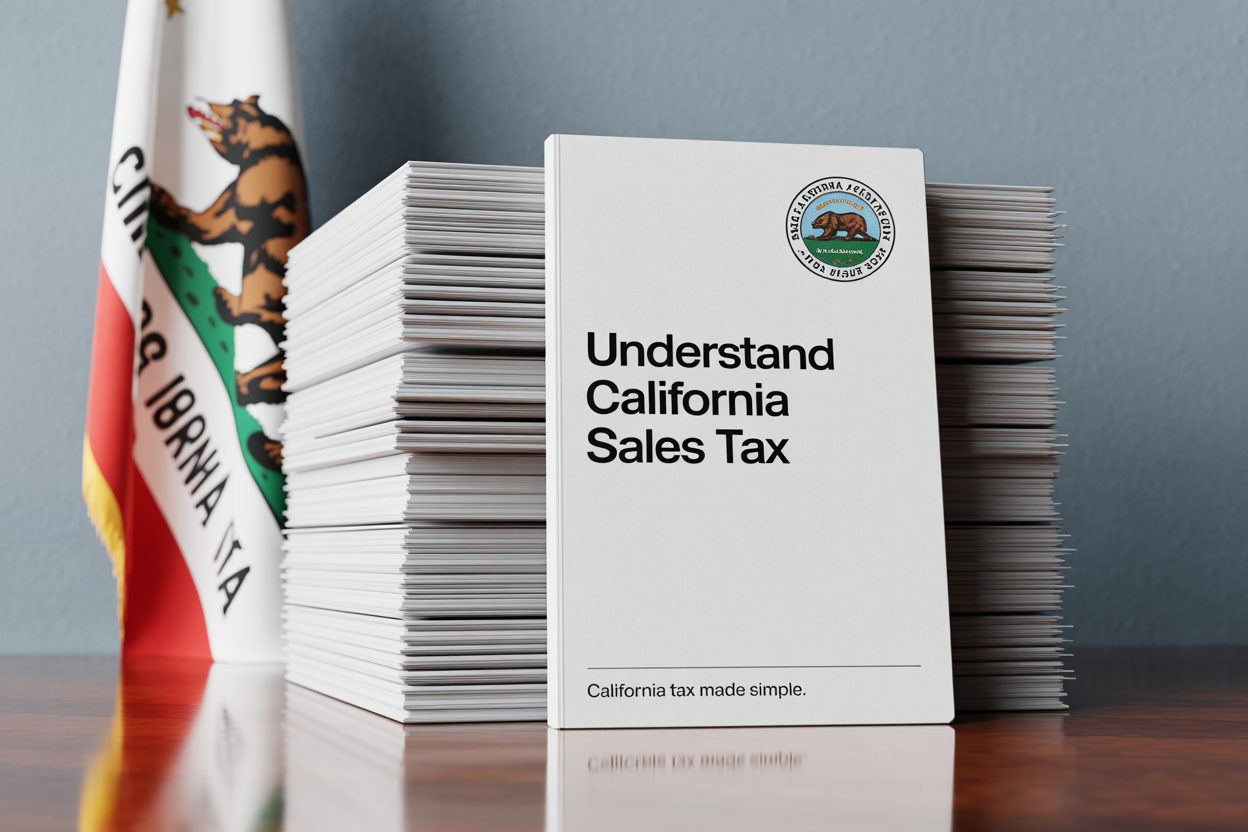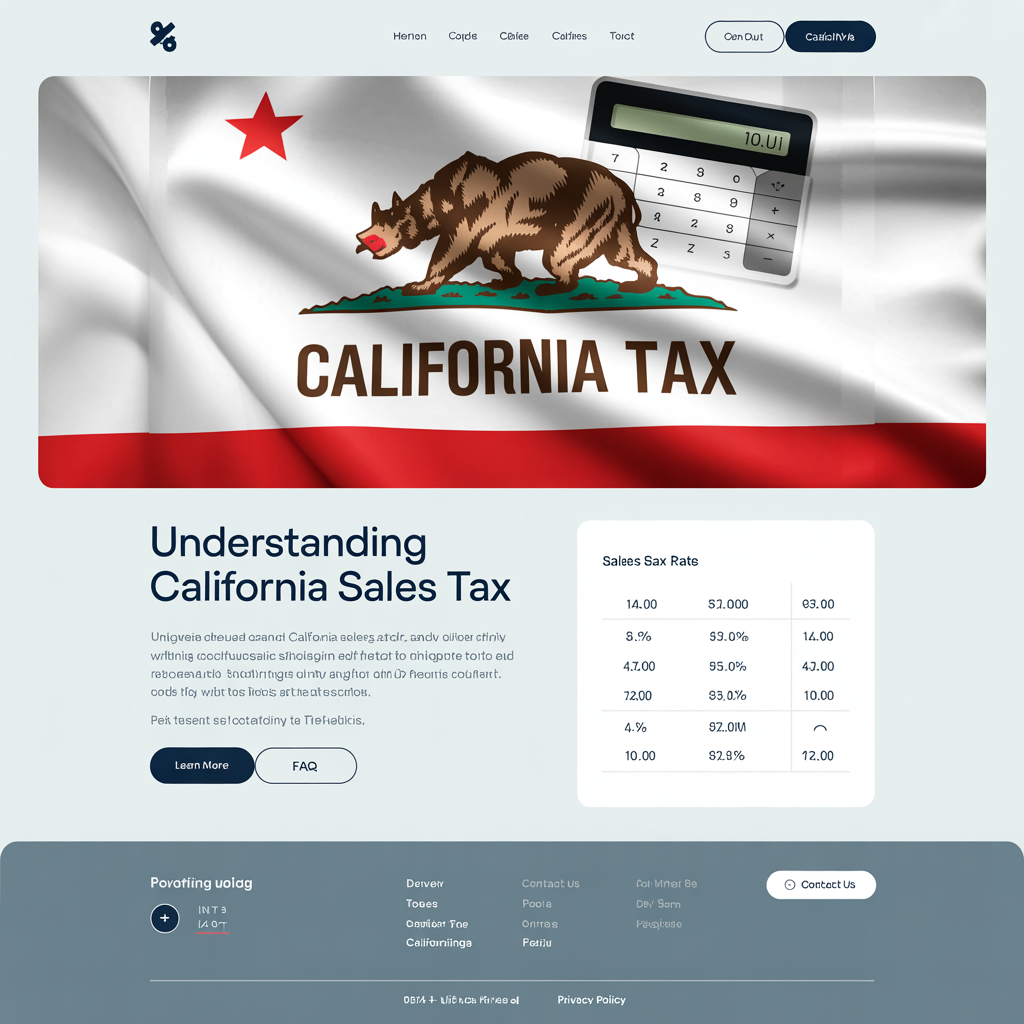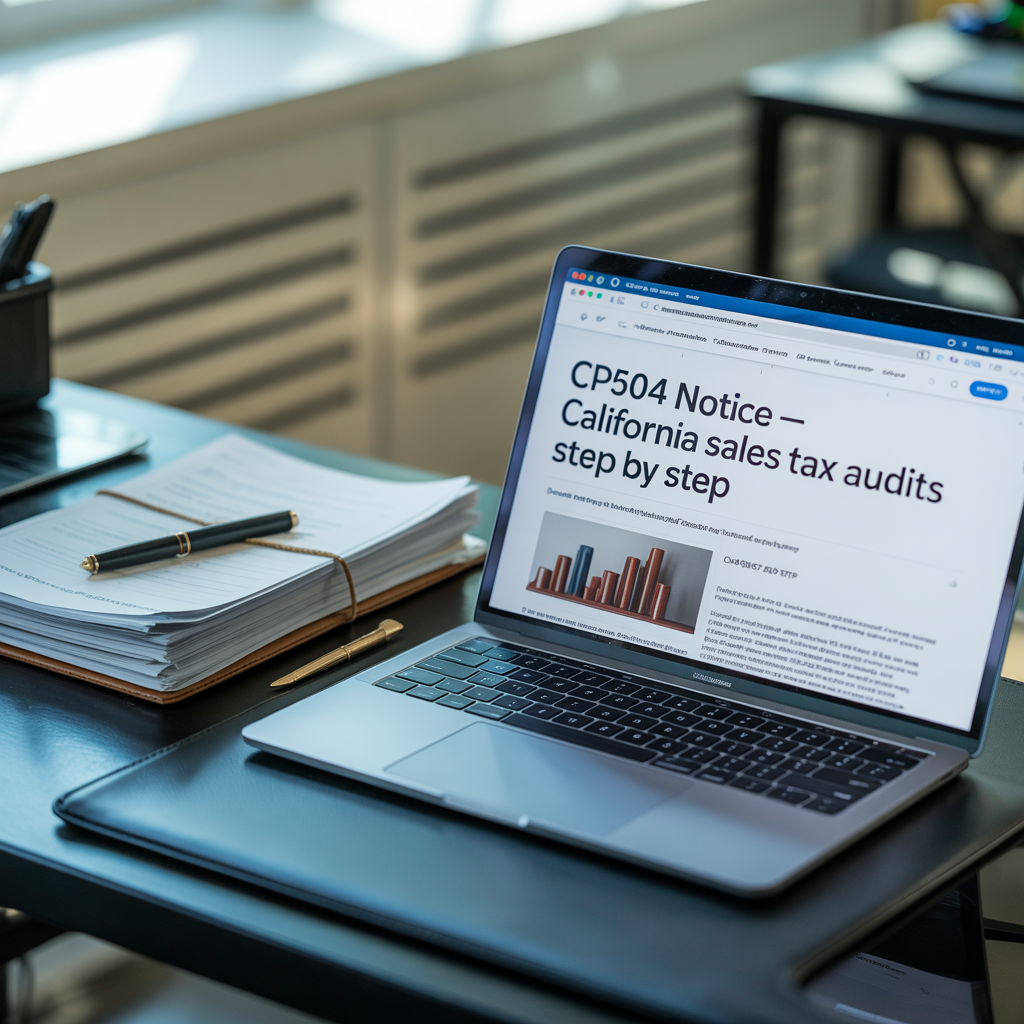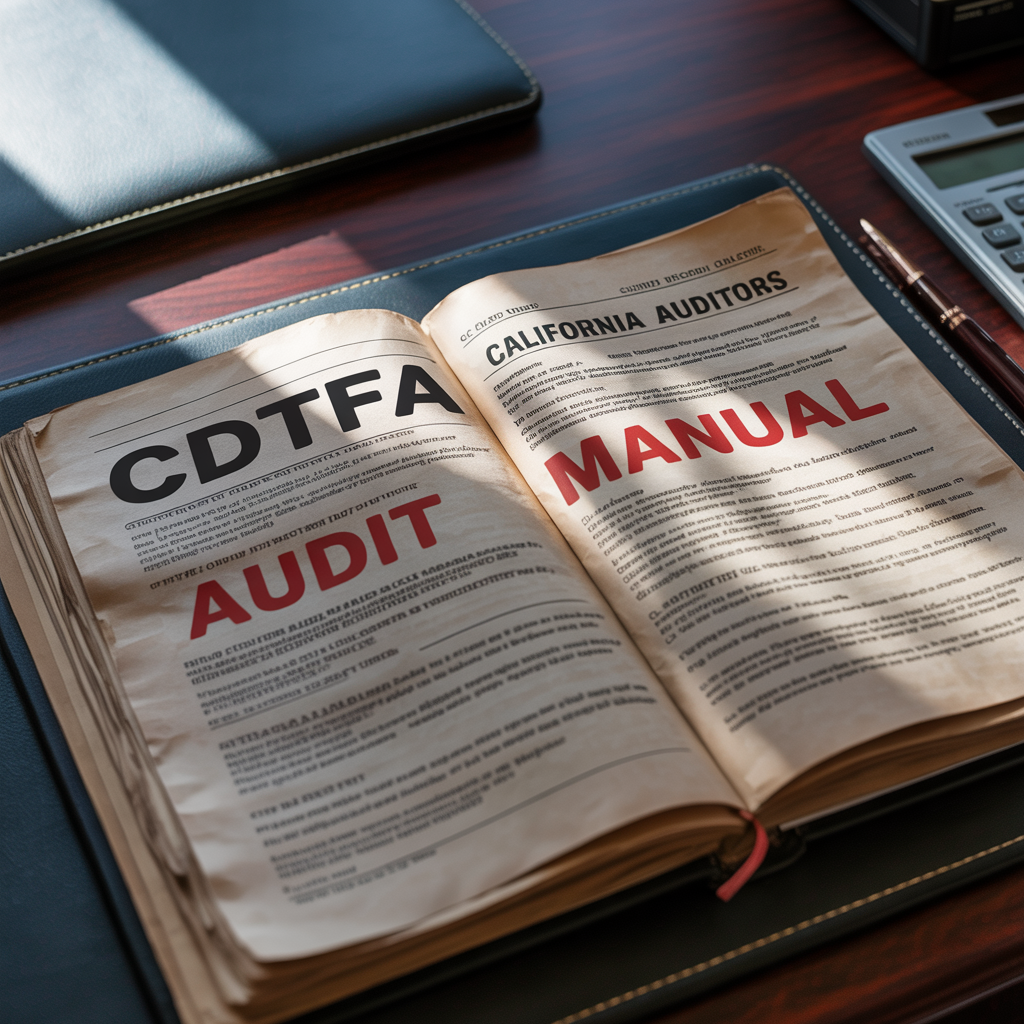How to Appeal a CDTFA Sales Tax Audit Assessment
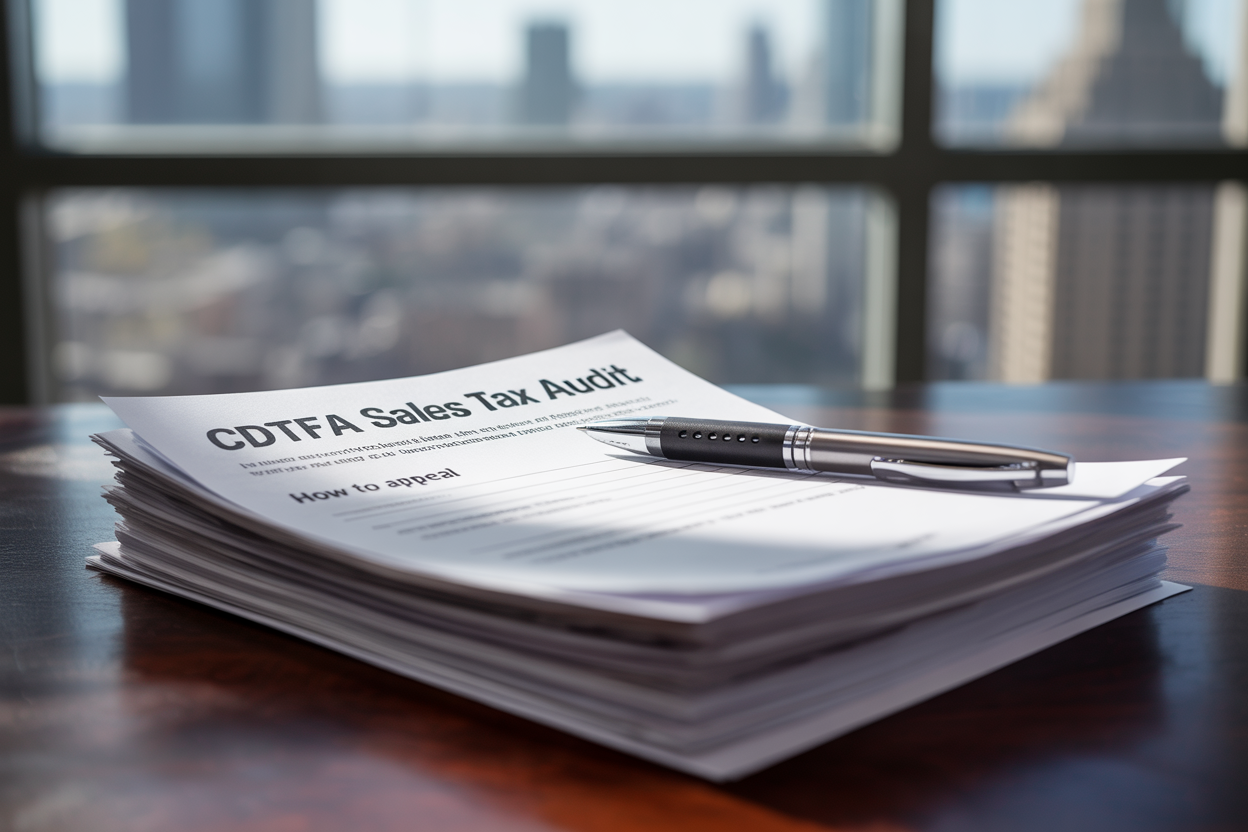
When California’s Department of Tax and Fee Administration (CDTFA) completes a sales tax audit, they’ll issue a Notice of Determination (NOD) — often with a hefty tax bill. But what if you disagree with the findings? What if the assessment is based on flawed estimates, missing documentation, or misunderstood industry practices?
You don’t have to accept it.
Appealing a CDTFA sales tax audit is your legal right — and with the right guidance, you can challenge the assessment, protect your business, and potentially reduce or eliminate the liability entirely.
This guide walks you through how to appeal a CDTFA audit step-by-step, including:
- Your timeline to act
- How to request an appeals conference
- What documents and arguments matter most
- What happens if you lose — and what to do next
Step 1: Understand Your Notice of Determination (NOD)
The Notice of Determination is the CDTFA’s formal assessment of taxes, penalties, and interest owed based on the audit.
Key things to note:
- Issue date: Your 30-day appeal window starts here.
- Total amount due: Includes back taxes, interest, and penalties.
- Audit period: Review for any statute of limitations issues.
- Basis of determination: Read carefully to identify errors or assumptions.
If you disagree, you must act quickly — or you lose the right to contest it administratively.
Step 2: File a Timely Petition for Reconsideration
You have 30 days from the date the NOD is issued to file a Petition for Reconsideration.
What to include in your petition:
- A written statement clearly stating you are contesting the NOD
- Your grounds for disagreement (e.g., methodology, missing documentation, misclassified items)
- Your request for an appeals conference or hearing
- Any supporting evidence or offer to provide documentation
Where to send it: Mail or electronically submit to the CDTFA as directed on your NOD. Keep copies of everything.
Failure to file within 30 days makes the determination final — even if it's wrong.
Step 3: Start Gathering Your Defense
Once you file the petition, you’ll have time to prepare your case. Now is the time to:
- Gather all original records: invoices, bank records, POS reports, etc.
- Review the auditor’s methods: Did they use markup tests? Projections? Industry averages?
- Identify major disagreements: For example, nontaxable
sales counted as taxable, or missing purchases double-counted.
We often find that CDTFA auditors use flawed estimates, especially in restaurants, construction, and e-commerce.
Step 4: Prepare for the Appeals Conference
Most appeals are first heard in an informal setting called the Appeals Conference, conducted by a CDTFA Appeals Bureau attorney or hearing officer.
At this stage:
- You can submit more evidence and arguments
- You don’t need a lawyer — but representation helps significantly
- The officer will write a Decision and Recommendation (D&R)
This decision is nonbinding — you can still escalate if needed.
Step 5: Go to the Office of Tax Appeals (OTA)
If you disagree with the Appeals Bureau’s recommendation, you can appeal to the Office of Tax Appeals (OTA) — California’s independent tax appeals tribunal.
The OTA process includes:
- Filing a formal written appeal
- A potential live hearing with administrative law judges
- A written opinion published in some cases
These hearings are more formal and resemble court trials — you’ll need a strong legal and factual case by this point.
What If You Lose the Appeal?
If your appeal fails, you still have options:
- Pay and file a refund claim (preserves your right to superior court action)
- Negotiate a payment plan or hardship deferral
- Request Offer in Compromise if you can’t pay in full
- Consider bankruptcy (only in some limited circumstances)
Pro Tips for Appealing CDTFA Audits
- Act fast — the 30-day deadline is rigid
- Get expert help — a CPA familiar with CDTFA audit methods can uncover flaws
- Don’t rely on emotion — build a case with evidence, not just opinions
- Challenge assumptions — CDTFA often assumes all deposits = sales, or all purchases = taxable
- Consider settlement options — sometimes you can negotiate a lower assessment outside of appeals
Need Help Appealing a CDTFA Audit in California?
At Boulanger CPA, we help California business owners fight back against unfair CDTFA audit assessments. Whether you’re still within the 30-day window or already deep into the appeals process, we’ll help you prepare a rock-solid case, deal with CDTFA attorneys, and defend what’s yours.
📞 Call 657-218-5700 or Schedule a Consultation today.
Frequently Asked Questions
How long do I have to appeal a CDTFA sales tax audit?
You have 30 days from the date the Notice of Determination is issued to file your appeal.
Can I still appeal if I didn’t file a petition in time?
No. Once the 30-day deadline passes, the assessment becomes final. Your only option may be to pay and file a claim for refund.
Do I need a CPA or attorney for the CDTFA appeal?
No, but having a CPA or tax attorney experienced in CDTFA matters significantly increases your chances of a successful appeal.
Will filing an appeal stop collection efforts?
Yes. If filed within the 30-day period, the appeal halts CDTFA collections until a decision is made.
Can I settle CDTFA audit debt instead of appealing?
Yes, in some cases. If you qualify, you may be able to submit an Offer in Compromise or negotiate a payment plan.
📣 About the Author
Marc Boulanger, CPA is the founder of Boulanger CPA and Consulting PC, a boutique tax resolution firm based in Orange County, California and trusted by high-income individuals and business owners across Southern California.
He is the author of Defend What’s Yours: A California Taxpayer’s Guide to Beating the IRS and FTB at Their Own Game, available now on Amazon. The book offers a step-by-step plan for resolving IRS and FTB tax debt without losing your business, your home, or your peace of mind.
With over a decade of experience resolving high-stakes IRS and State tax matters, Marc brings strategic insight to complex cases involving wage garnishments, bank levies, unfiled returns, and six-figure tax debts. He is known for helping clients reduce or eliminate tax liabilities through expertly negotiated settlements and compliance plans.
Marc is a Certified Public Accountant licensed in California and Oklahoma and holds the designation of Certified Tax Representation Consultant. He is a member of the American Society of Tax Problem Solvers (ASTPS) — the national organization founded by the educators and practitioners who have trained thousands of CPAs, EAs, and tax attorneys in IRS representation strategy.
Every case is handled with discretion, proven methodology, and direct CPA-led representation — not call center scripts.
📍 Learn more at www.orangecounty.cpa or call (657) 218-5700.

